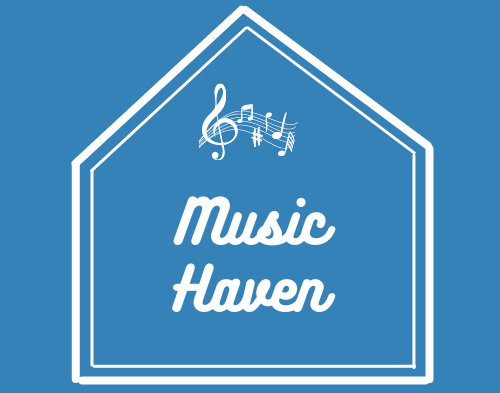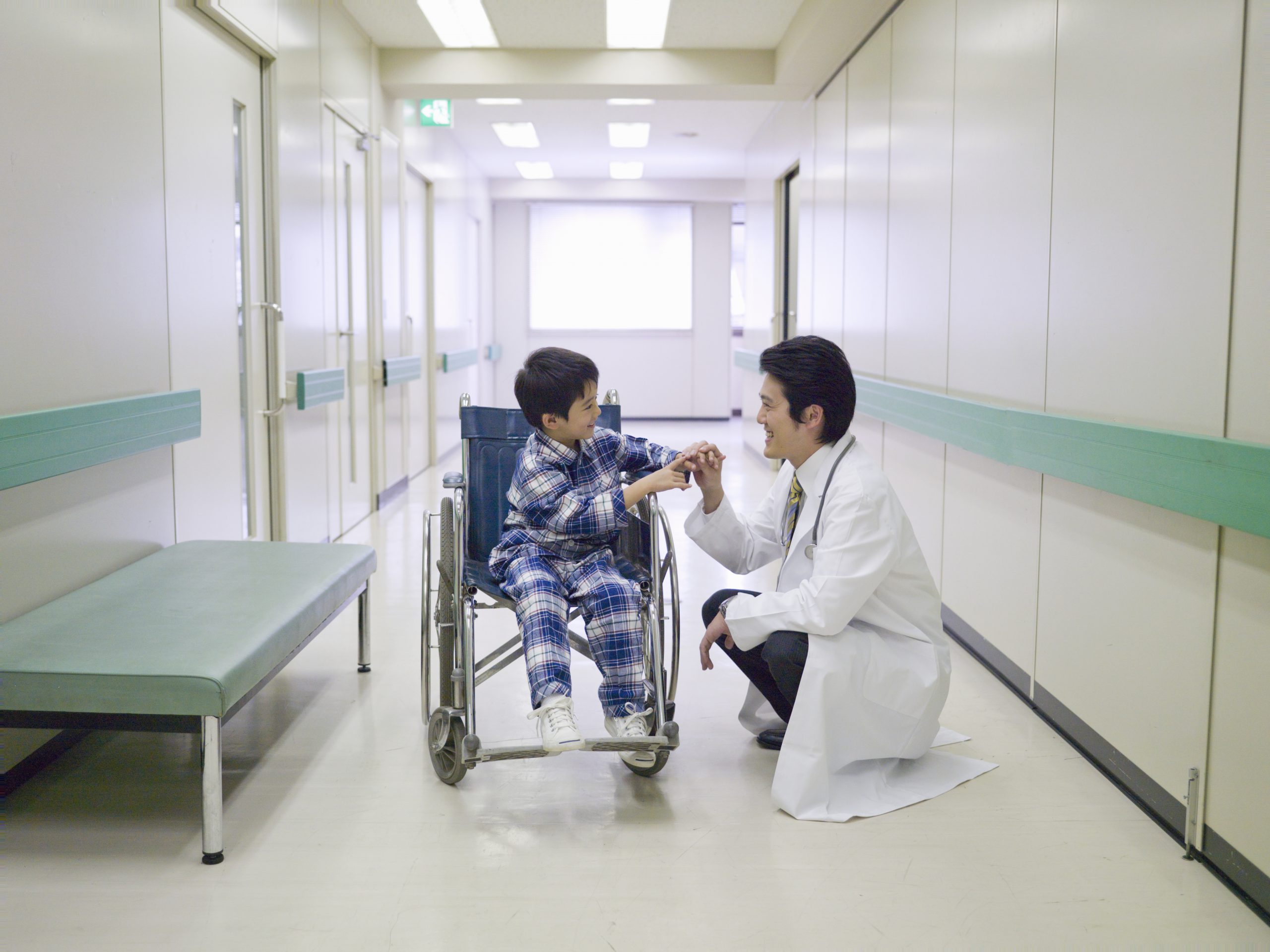How Music Therapy Helps Children With Cancer
A cancer diagnosis for a child can have severe and continuous effects on the young person and their family. Spending countless hours in the hospital can significantly disrupt the average pace of one’s childhood cancer treatment.s or procedure seems to take precedence over a child’s necessary activities such as attending school. The young person may feel helpless at this point and can develop feelings of withdrawal, regression, or social anxiety.

Due to these reasons, psychological support is required along with pediatric oncology treatment methods. Music therapy is one of the primary forms of psychological support to comfort a child, improve coping with the treatment, and reduce distress. This form of therapy provides children with cancer and their families to form memorable music experiences alongside their mostly negative illness experiences.
Various studies in Australia confirm the fact that music therapy does indeed fruitful. Multiple interviews demonstrate that children’s cancer experiences can be aided by their music, musical interactions with their families, social networks, online connections, and hospital music therapy programs.
In addition to direct interviews with children that highlight the benefits of music therapy in pediatric oncology settings, there is also focus group research of four different music therapists’ perceptions of music’s role for children with cancer that supports this argument. The findings of the focus group research include the following:
- Music is critical in children’s attachment, adjustment, identity formation, and social adjustment.
- Psychological and health factors affect young patient’s interactions with music and therapists in oncology hospital settings.
- Positive transformation, such as avoiding distress, can occur among young people who are in the presence of musical instruments and are engaging in music therapy.

Another controlled trial held in multiple hospitals across the USA directly supports the idea that music therapy can reduce the impact of hospital and treatment stressors and enhance positive coping behaviors in children with cancer. These hospitals included in-hospital active music engagement (AME) protocols that catered to the patients’ interests. The AME intervention enabled children and adolescents to experience mastery and make choices from various age-appropriate music-based activities.
The AME results demonstrate a significantly higher frequency of copying-related behaviors about music listening or audio storybook control conditions. Positive facial affect such as smiling or laughter and active engagement was substantially higher in these exercises. These areas indicate clear and tangible benefits in regards to a child’s interaction with the hospital environment.

A wide variety of music therapy goals and methods are required to allow children and young adults’ psychological growth during cancer treatment. It is essential to acknowledge that the same patients may become frustrated if they cannot pick up an instrument. Thus, the music therapy must be designed so that all children can enjoy it regardless of their musical talent. As highlighted through the various case studies and research, it is essential to enforce music therapy solutions in pediatric oncology settings to allow a child to effectively cope with the many changes they may experience following a cancer diagnosis.


